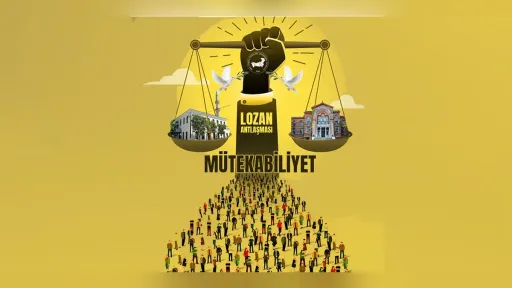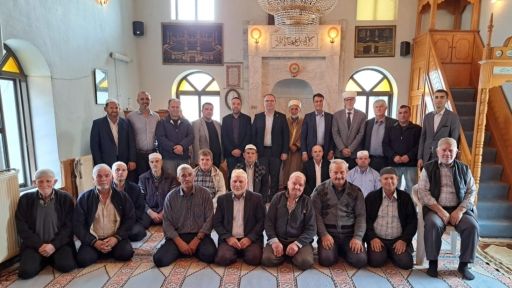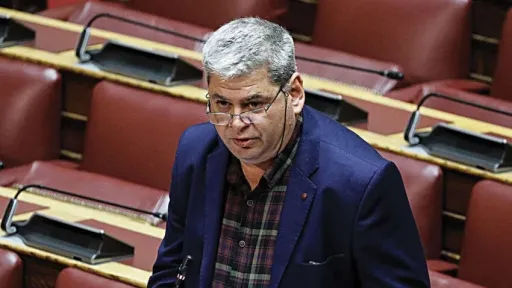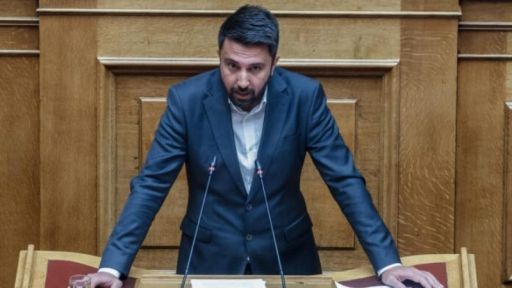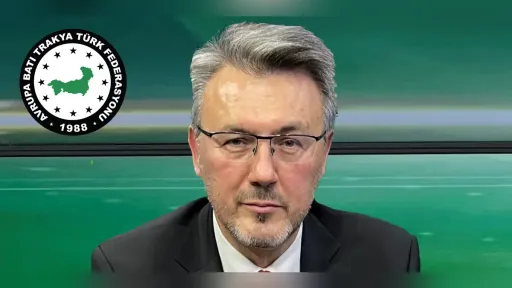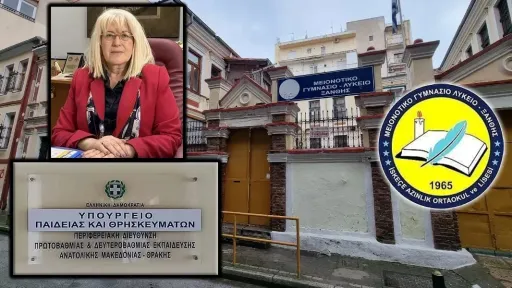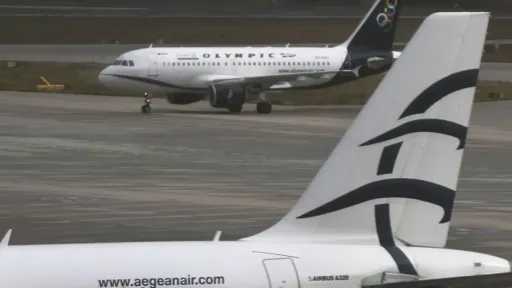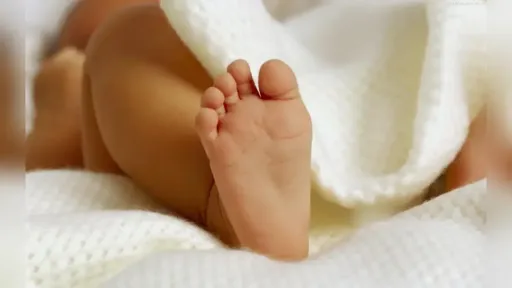Interview with Mustafa Trampa, Mufti of Xanthi, on the occasion of Eid al-Adha

Eid al-Adha, a significant time of worship and solidarity for Muslims, emphasizes spiritual closeness to Allah and the unity of the community. In this interview with Mustafa Trampa, the elected Mufti of Xanthi, we discuss the significance of Eid al-Adha, its broader messages beyond the act of worship, and the efforts of the Western Thrace Turkish Minority to foster unity and togetherness. Mufti Trampa’s insights reflect the spirit of this special occasion and offer valuable guidance on how our community can move toward a better future.
Question: Mufti Trampa, we are once again approaching the blessed Eid al-Adha. Could you briefly explain the rulings of Eid al-Adha? How is the Eid prayer performed? Who is required to perform the sacrifice? What should be considered regarding the sacrifice process? How should it be done, divided, and distributed? To whom should it be given? Is it permissible to sacrifice on behalf of deceased persons in Western Thrace?
Answer: Firstly, praise be to Allah for allowing us to reach another Eid al-Adha. One of the most important acts of worship during Eid al-Adha is the sacrifice. The term "kurban" (sacrifice) literally means "to come closer" and signifies an act that brings one closer to Allah. In religious terms, it refers to sacrificing a qualified animal during the days of Eid with the intent of seeking Allah's pleasure.
A mentally sound, free, resident, and financially able Muslim must perform this act to draw closer to Allah and to aid those who cannot afford to sacrifice. The essence of this worship is closeness to Allah and sacrifice for the community. The act of sacrifice symbolizes a Muslim's readiness to devote everything to Allah if necessary. In the Hanafi school of thought, sacrificing is obligatory. Sacrifice has been an important symbol in our religious life for centuries.
Guidelines for Sacrificing: When preparing to sacrifice an animal, the phrase "Bismillahi Allahu Akbar" should be recited, and the animal should be slaughtered immediately after. The process should be carried out by a qualified person to avoid causing unnecessary pain to the animal, ensuring the blood is fully drained. Due to the summer heat, the meat should be stored in a refrigerator or freezer to prevent spoilage. It is recommended to divide the meat into three parts: one part for the poor, one part for relatives and neighbors, and one part for the household. While it is preferable to give more to those in need, it is also acceptable to share with non-Muslim neighbors. If the family is large, it is permissible to keep all the meat.
Is it permissible to sacrifice on behalf of deceased persons? The practice of "dead sacrifice" or "grave sacrifice" common in our region has no basis in our religion. Sacrificing on the eve of Eid is incorrect. Sacrificing on behalf of a deceased person or dedicating the reward to them is permissible, but this should be done during the days of Eid.
Given that we will experience Eid during a hot summer, what are your recommendations regarding cleanliness and water conservation, especially considering the drought in some areas?
As you mentioned, we will celebrate Eid during hot days. Therefore, those who perform their own sacrifices should clean the slaughter area thoroughly afterward. It is crucial to adhere to cleanliness and hygiene rules throughout the process. Inappropriate slaughtering conditions and environmental pollution harm the essence of this worship. Therefore, waste from the sacrifice should be disposed of appropriately to avoid harming the environment. Our community members should advise and guide those who do not follow these rules. We recommend that all our brothers and sisters approach this with a sensitivity to cleanliness and environmental friendliness.
Concerning the drought in some areas, the importance of water cannot be overstated. Everyone should be mindful of water usage, considering those who do not have access to running water. Remember, even a drop of water wasted is a violation of others' rights. Let us use water responsibly. Let us heed the Prophet’s (peace be upon him) teaching: "None of you truly believes until he loves for his brother what he loves for himself."
What are your plans as a Mufti for Eid preparations?
Our Eid celebrations are indeed very busy. We place great importance on visits, especially to those who have served our community for many years. We make sure to participate in the Eid greetings at the Turkish Consulate in Komotini and subsequently at the Mufti's office in Xanthi. Being with our community, exchanging greetings, and sharing in the joy of Eid is a unique feeling. Of course, we also join family gatherings and make sure to visit relatives.
How is your Eid al-Adha donation campaign going? Are people participating, and who will receive the distributed meat?
Our annual sacrifice campaign is well-received and continues to run smoothly. On the second day of Eid, we distribute meat to the identified poor, needy, and orphaned families in our region and surrounding areas.
In the past, families used to sacrifice animals in their yards with their children, fully experiencing the spirit of Eid. However, this practice has diminished, and many now perform sacrifices through donations. Our Mufti’s office accepts these proxy donations and ensures the sacrifices are carried out properly and distributed to those in need. I thank our religious staff for their dedication to this task, and may Allah accept all sacrifices.
What role does the Western Thrace Muslim Turkish Minority have in addressing the suffering of Muslims worldwide?
Our most effective action in this matter is prayer. As our Prophet stated, prayer is our most powerful spiritual weapon. During collective ceremonies, we always pray for our brothers and sisters suffering in places like Gaza and Rafah. We also instill awareness about boycotts and the struggles of Muslims through our Quran courses. Our educational events themed around Palestine at the end of the academic year have been beneficial. However, more can always be done.
Lastly, what is your message to the Western Thrace Muslim Turkish Minority and the entire Islamic world on the occasion of Eid al-Adha?
Eid is a time of shared joy, heartwarming reunions, reconciliation, visiting relatives and neighbors, bringing happiness to orphans, and welcoming guests with smiles and hospitality. Let us use this opportunity to seek forgiveness for our sins, visit our elders, whether in person or by phone, to receive their blessings, and make visits to relatives, neighbors, and friends. We should reconcile any disputes among us and show love to children to let them feel the festive spirit. Let us also remember and pray for our deceased loved ones and all believers.
I wish you all a blessed Eid al-Adha. May this holy festival bring unity, peace, and happiness to the Western Thrace Muslim Turkish Minority and the entire Islamic world.
